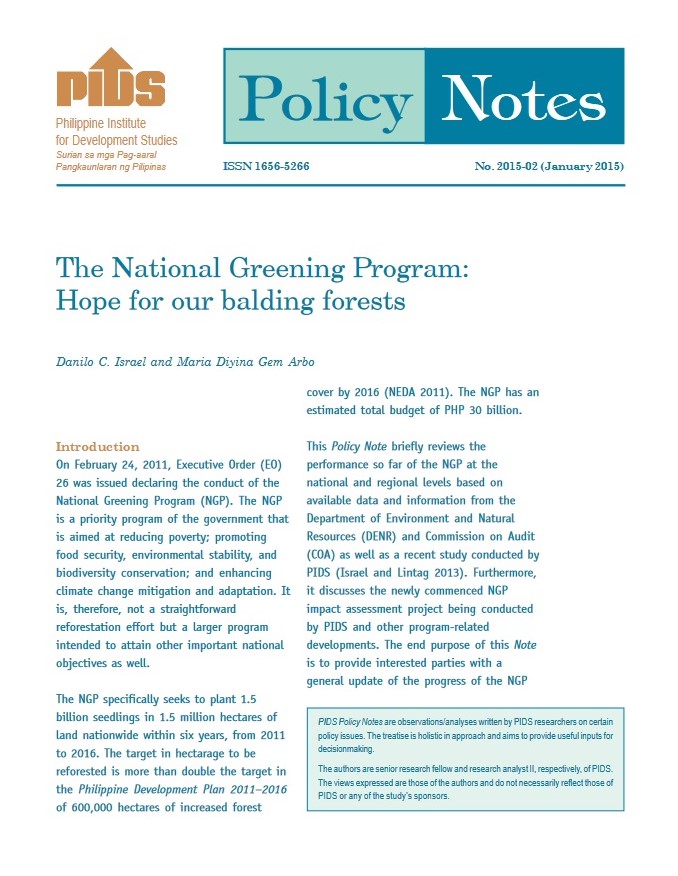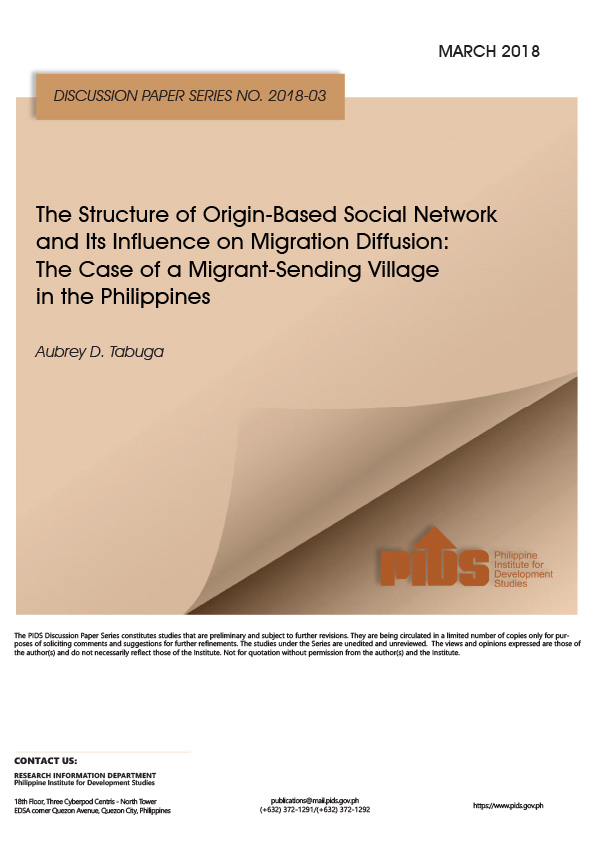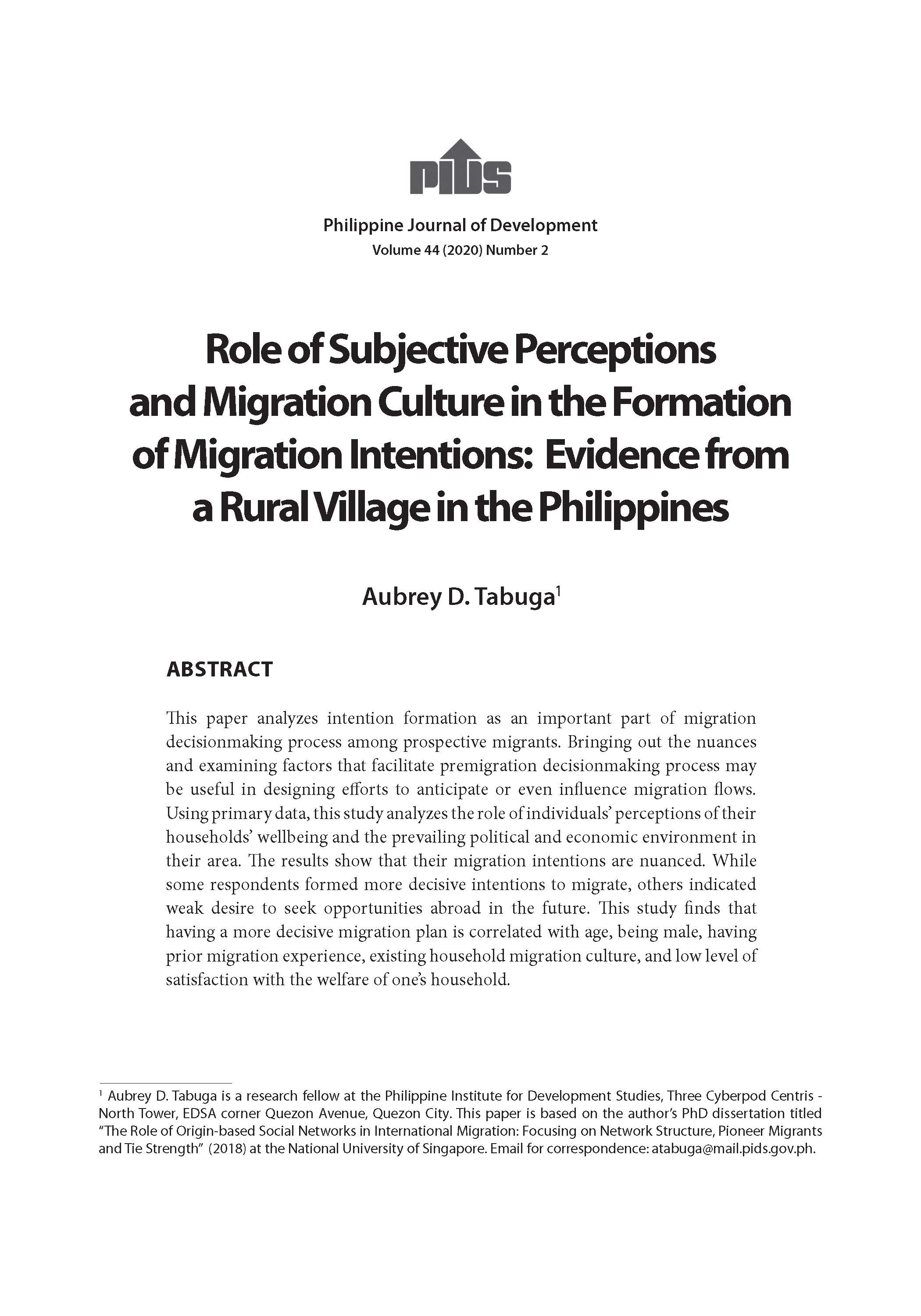MANILA, Philippines - When darkness falls in Taytay, Palawan, the world of the offshore community in the village of Beton turns pitch-black. The island is home to an estimated 300 families who rely on kingki, a Visayan term for kerosene-powered lamps, to light up their houses.
Romela Dominguez, a mother of four, said that in order for them to afford half a gallon of kerosene for their kingki lamps, her husband has to save P150 a month.
However, she and her husband Joys, a full-time fisherman, both realize that kerosene-powered lamps pose a danger to the family.
“The lamps are expensive and dangerous. It frightens me that our house might burn down if someone from our family accidentally topples the lamp,” she explained.
Her firstborn, Kyla, shared that while doing her homework under the light of kingki lamps makes it hard for her to study comfortably, she can’t complain as it’s all they have.
Around the world, 1.3 billion people lack access to electricity. In the Philippines, about 16 million of the population are without electricity. This is according to government think tank Philippine Institute for Development Studies. Lack of access to electricity is a greater issue in rural areas than in urban areas and improving the electrification ratio remains a challenge for the country.
Last year, World Wide Fund for Nature (WWF-Philippines) initiated a crowdfunding project dubbed as the “Gift of Light” project to provide solar-powered lights in Palawan. WWF-Philippines used the proceeds from its 2015 Earth Hour campaign to fund the deployment of portable solar lamps to the island community of Beton.
“Solar lamps rely on the power of the sun, eliminating the need to buy fuel. We’re teaching communities to veer away from fossil fuels, the burning of which contributes to climate change,” said Climate Change Unit and Earth Hour Philippines head Angela Consuelo Ibay.
WWF-Philippines distributed the solar-powered lamps to the families in Beton, Palawan in August 2015. The Dominguez family was one of their recipients.
“What we do is we charge the lamp in the morning and make use of it at night. It’s easier and cheaper for us. We can now allot money for our other necessities. I hope other areas that do not have access to electricity will also have solar-powered lamps,” Romela shared.
Since then, Kyla has not had to study by kerosene light, which brings her closer to her dream.
“I thank WWF-Philippines and everyone who made the project possible. I hope to finish my studies soon so I can pass the hope of light to others through teaching,” the sixth grader said.
The “Gift of Light” is one of the community projects that WWF-Philippines initiated in line with their yearly Earth Hour campaign. Last 2014, the group provided hundreds of fiberglass boats to fishing communities that were affected by Typhoon Yolanda.
On March 19, the Philippines will once again join the 10th Earth Hour program at the Quezon City Memorial Circle from 7 p.m. to 10 p.m., including a one-hour lights-off ceremony from 8:30 p.m. to 9:30 p.m.
Earth Hour is an annual global event where people switch-off their lights for 60 minutes to show support for climate change action. The movement started from a small switch-off event in Sydney, Australia in 2007 and has now become the world’s largest open-sourced environmental campaign, drawing supporters from over 172 countries.
The Philippines has been joining Earth Hour since 2008 and has topped participation records for five years, earning the title “Earth Hour Hero Country.”//
Romela Dominguez, a mother of four, said that in order for them to afford half a gallon of kerosene for their kingki lamps, her husband has to save P150 a month.
However, she and her husband Joys, a full-time fisherman, both realize that kerosene-powered lamps pose a danger to the family.
“The lamps are expensive and dangerous. It frightens me that our house might burn down if someone from our family accidentally topples the lamp,” she explained.
Her firstborn, Kyla, shared that while doing her homework under the light of kingki lamps makes it hard for her to study comfortably, she can’t complain as it’s all they have.
Around the world, 1.3 billion people lack access to electricity. In the Philippines, about 16 million of the population are without electricity. This is according to government think tank Philippine Institute for Development Studies. Lack of access to electricity is a greater issue in rural areas than in urban areas and improving the electrification ratio remains a challenge for the country.
Last year, World Wide Fund for Nature (WWF-Philippines) initiated a crowdfunding project dubbed as the “Gift of Light” project to provide solar-powered lights in Palawan. WWF-Philippines used the proceeds from its 2015 Earth Hour campaign to fund the deployment of portable solar lamps to the island community of Beton.
“Solar lamps rely on the power of the sun, eliminating the need to buy fuel. We’re teaching communities to veer away from fossil fuels, the burning of which contributes to climate change,” said Climate Change Unit and Earth Hour Philippines head Angela Consuelo Ibay.
WWF-Philippines distributed the solar-powered lamps to the families in Beton, Palawan in August 2015. The Dominguez family was one of their recipients.
“What we do is we charge the lamp in the morning and make use of it at night. It’s easier and cheaper for us. We can now allot money for our other necessities. I hope other areas that do not have access to electricity will also have solar-powered lamps,” Romela shared.
Since then, Kyla has not had to study by kerosene light, which brings her closer to her dream.
“I thank WWF-Philippines and everyone who made the project possible. I hope to finish my studies soon so I can pass the hope of light to others through teaching,” the sixth grader said.
The “Gift of Light” is one of the community projects that WWF-Philippines initiated in line with their yearly Earth Hour campaign. Last 2014, the group provided hundreds of fiberglass boats to fishing communities that were affected by Typhoon Yolanda.
On March 19, the Philippines will once again join the 10th Earth Hour program at the Quezon City Memorial Circle from 7 p.m. to 10 p.m., including a one-hour lights-off ceremony from 8:30 p.m. to 9:30 p.m.
Earth Hour is an annual global event where people switch-off their lights for 60 minutes to show support for climate change action. The movement started from a small switch-off event in Sydney, Australia in 2007 and has now become the world’s largest open-sourced environmental campaign, drawing supporters from over 172 countries.
The Philippines has been joining Earth Hour since 2008 and has topped participation records for five years, earning the title “Earth Hour Hero Country.”//




